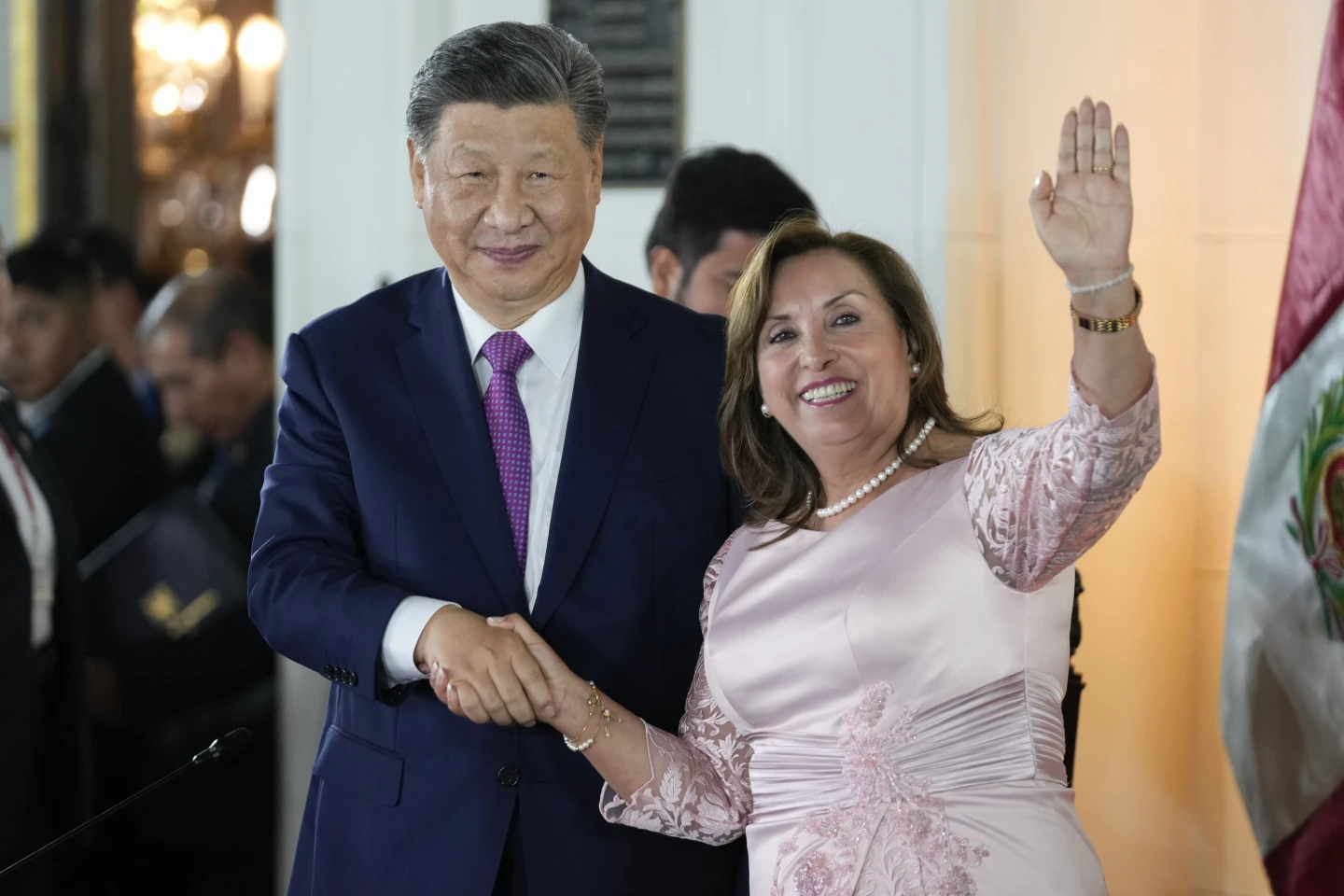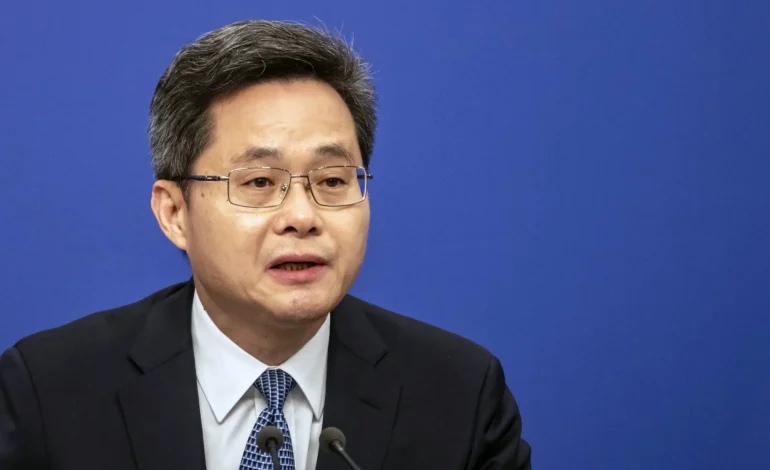China says it will hold a briefing on fiscal policy this Saturday, fueling investor hopes for further measures to stimulate the world’s second-largest economy, Bloomberg reports.
The State Council Information Office revealed in a statement on Wednesday that Finance Minister Lan Fo’an will outline steps to strengthen fiscal policy and boost growth during the briefing, which is scheduled for 10 a.m. local time. The minister will also field questions from reporters.
The announcement comes as China’s stock market rally has faltered following the release of weaker-than-expected stimulus measures by the National Development and Reform Commission (NDRC) in its first briefing after a weeklong holiday.
“Markets continue to swing between disappointment and hope for fresh, meaningful fiscal stimulus that would have a greater impact on business sentiment and employment,” said Fiona Lim, senior currency strategist at Malayan Banking Bhd. “That said, the sense of urgency at the top is clear, and recent monetary easing and housing measures were also sizable. As such, it is worthwhile to be cautiously optimistic at this stage.”
The news of the fiscal policy briefing has buoyed the Chinese CSI 300 Index, which pared losses. Similarly, the country’s 30-year government bond futures erased gains on speculation that the briefing could signal a substantial fiscal stimulus package. The offshore yuan also strengthened, gaining 0.2%.
Stock investors have been pressing for greater fiscal spending to address a slowdown that threatens to derail China’s 2024 growth target of around 5%. Many anticipated an announcement from the Ministry of Finance, typically responsible for issuing bonds to support stimulus measures, after the NDRC’s lack of significant pro-growth steps on Tuesday.
Banks including Morgan Stanley and HSBC Holdings Plc expect stimulus measures totaling 2 trillion yuan ($283 billion), while Citigroup Inc. estimates a figure of 3 trillion yuan. Economists have speculated that the measures could include support for local government financing, infrastructure investment, a consumption boost, and bank recapitalization.
Premier Li Qiang acknowledged the concerns of the private sector and investors on Tuesday, vowing to “listen to the voice of the market” when formulating economic policies. His comments echoed recent calls by the Politburo to “face the difficulties squarely.”
Prior to the recent Golden Week holiday, the government rolled out a series of stimulus measures, including interest rate cuts, increased liquidity to encourage bank lending, and a pledge of up to $340 billion to bolster the stock market. These efforts propelled Chinese stocks upward by approximately 30%.
Adding to the flurry of actions aimed at stabilizing growth, the People’s Bank of China (PBOC) on Wednesday revealed that it had recently convened its first joint meeting with the Ministry of Finance to discuss diversifying the monetary policy toolkit and gradually increasing the central bank’s sovereign bond trading in the open market.
The PBOC is currently revamping its policy framework, including the move to manage interbank liquidity through bond trading, to enhance the effectiveness of monetary adjustments in supporting the economy and mitigate the risk of speculation in the bond market.
The authorities indicated they would continue to coordinate policy efforts and create a favorable market environment for bond trading by the PBOC.









